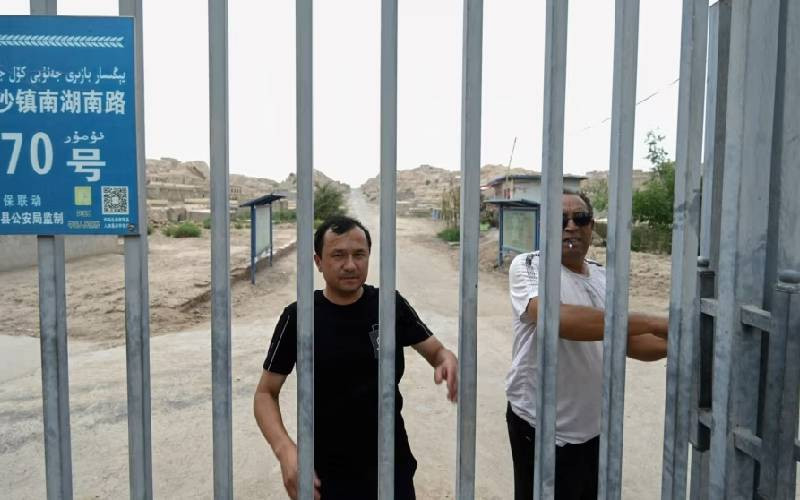×
The Standard e-Paper
Join Thousands Daily

The Working Group on Arbitrary Detention has provided more evidence of China's use of enforced disappearances in Xinjiang.
A little-known United Nations body, the Working Group on Arbitrary Detention, is helping to shine a light on the extent of China's enforced disappearances in the Xinjiang Uyghur Autonomous Region.